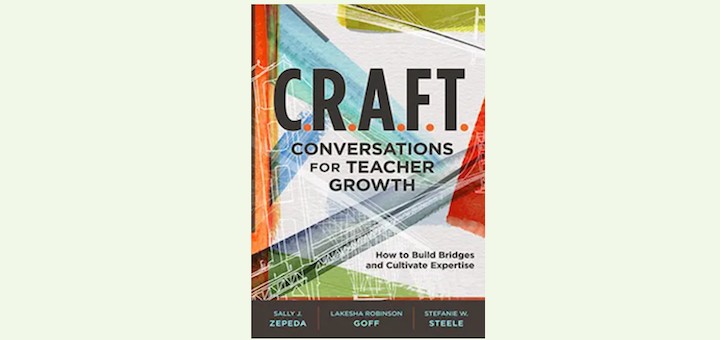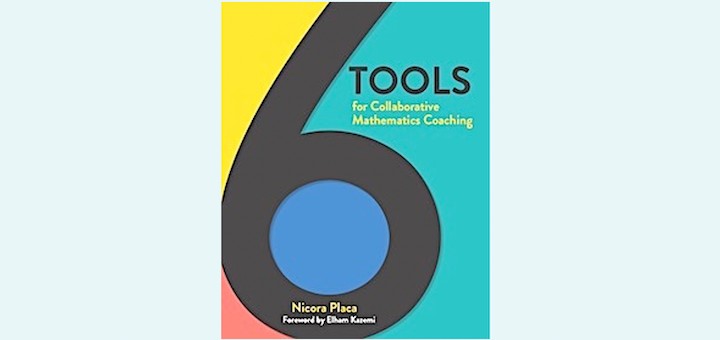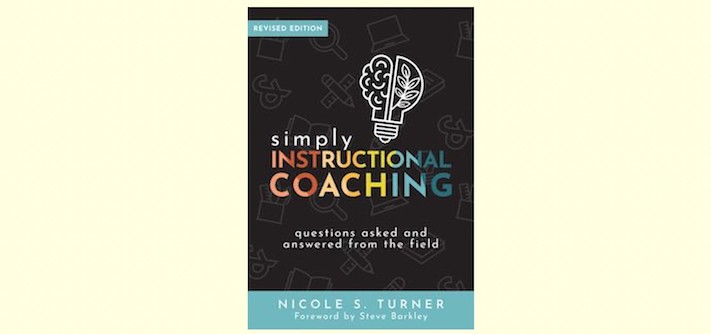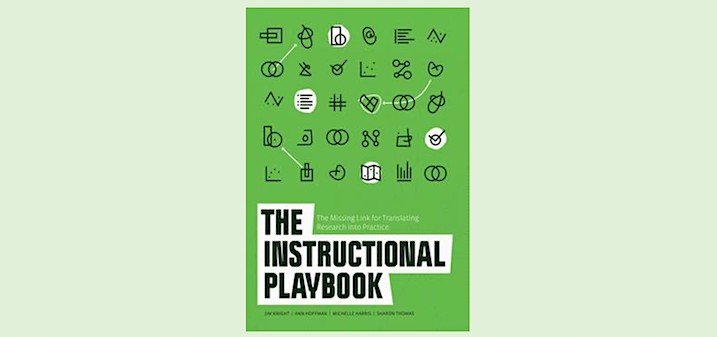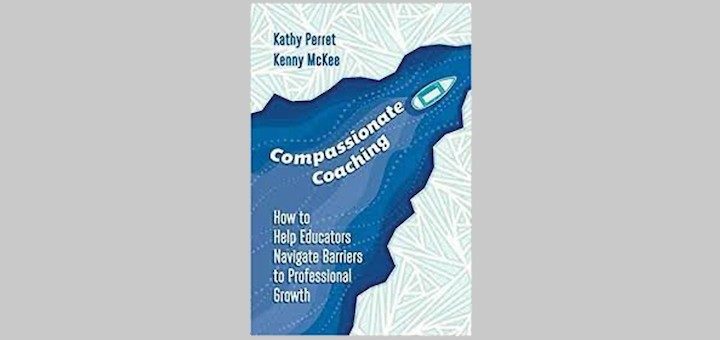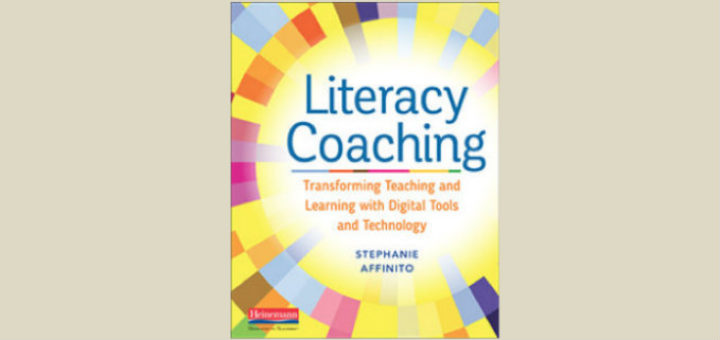Category: Coaching Teachers
The authors of C.R.A.F.T. Conversations for Teacher Growth offer sustainable practices school leaders can implement immediately to build positive relationships with teachers and help them cultivate expertise. The reflective questions are particularly helpful, writes Tanya Roy.
If you’re looking for a book to guide your community of educators in collaborative reflections on math practice, Nicora Placa’s book will give you the tools. The practices will jump off the page with ready-to-use protocols and debrief questions, writes math educator Mona Iehl.
The intended audience for Simply Instructional Coaching may be teacher coaches, but Nicole Turner also offers thought provoking questions for administrators as they assemble a coaching program. An ideal read for those looking for a pragmatic, not overly technical, analysis.
With increasingly limited time in schools to support staff and students, curating a collection of concise strategies can facilitate deeper coaching conversations to improve the craft of teaching. Teacher and coach Amy Tucker has found a timely resource in The Instructional Playbook.
As described by Kathy Perret and Kenny McKee in Compassionate Coaching, understanding compassionate coaching causes us to reflect on our practice and deliver planned actions to shift everyone’s performance to benefit students. Consultant Helene Alalouf finds lots to implement.
Many books focus on effective literacy coaching, and others are specific to technology integration in education. Stephanie Affinito’s Literacy Coaching: Transforming Teaching and Learning with Digital Tools and Technology fills a gap by merging the two, writes Shannon Russell.
John Campbell and Christian van Nieuwerburgh look at four broad areas of formal and informal coaching: student success and well-being, educational leadership, professional practice, and community engagement. A helpful, quick read, says teacher and mentor Alex Valencic.
Bambrick-Santoyo’s Get Better Faster offers a convincing argument and a comprehensive program for developing new teachers. Retired principal and teacher educator Mary Langer Thompson finds the 90-day plan sensible, fast paced, demanding, and dense with resources.
Elena Aguilar’s “The Art of Coaching Teams ” is a practical resource full of proactive thinking gleaned from 20 years as a teacher and coach, says instructional specialist Deserie Bradvica. For those ready to lead teams with “a focus on trust, clarity and purpose.”
Pia Hansen’s Mathematics Coaching Handbook carefully explores the roles played by coaches, then goes on to describe how to approach and work with teachers. Middle grades specialist Scott Sharp also finds the appendix’s many templates helpful.

